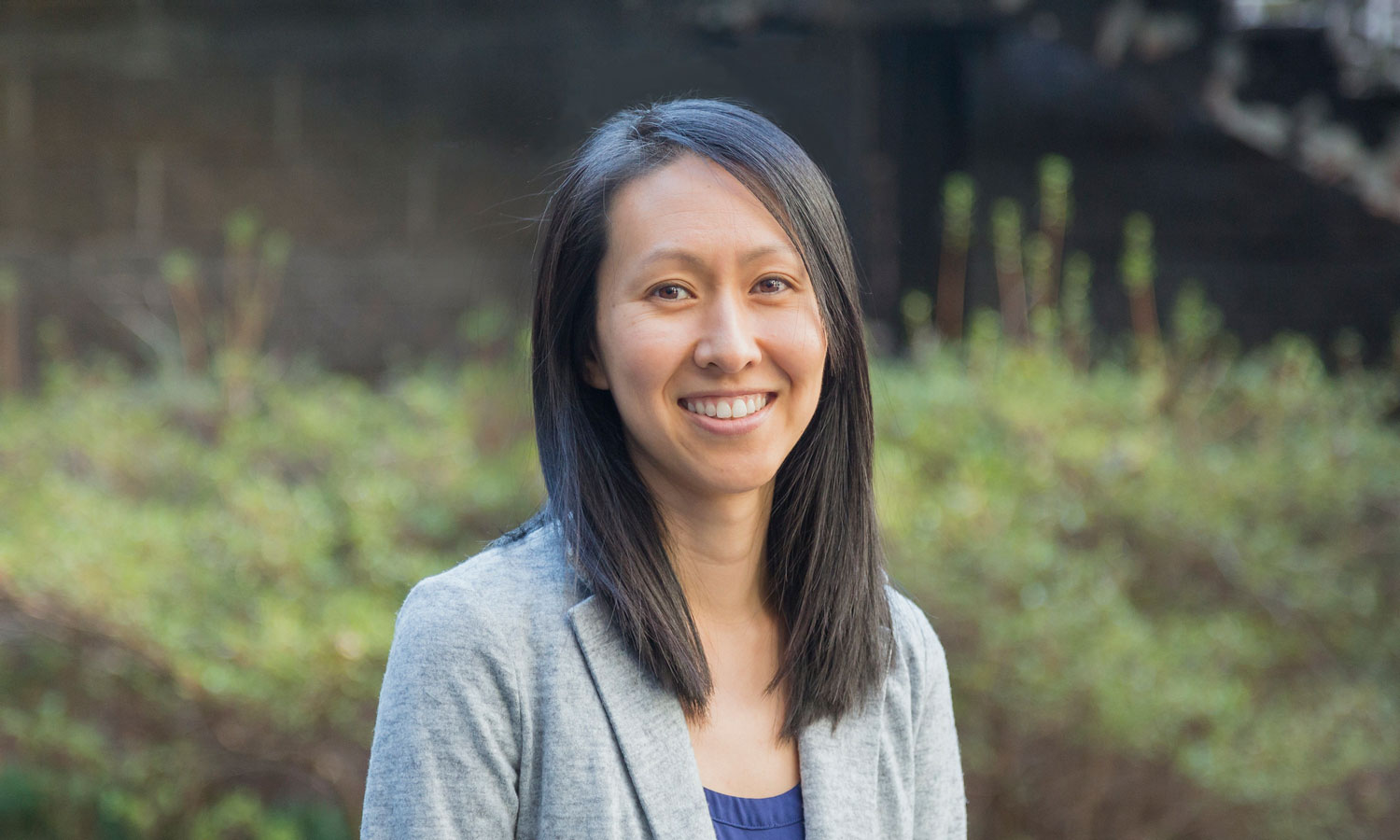National Institutes of Health award $1.827 million for research on collective cell migration

Priscilla Hwang, Ph.D., assistant professor in the Department of Biomedical Engineering at Virginia Commonwealth University, has received a National Institutes of Health grant for $1.827 million over five years.
The award from the National Institute of General Medical Sciences will support Hwang’s innovative research project “Dissecting mechanisms of collective migration” and provide mentorship for student researchers from the high school to graduate level.
Collective migration, where groups of cells move together in a coordinated manner, is critical for the successful development of tissues and plays a vital role in wound healing, metastasis, and other biological processes. Dysregulation in collective migration is often linked to developmental abnormalities and disease progression. Despite its importance, the mechanics and mechanisms driving collective migration remain poorly understood.
The project is organized around three primary goals:
- Investigate the effect of biomechanical cues to activate leader cells and directional collective migration: Understand how biomechanical signals activate leader cells to guide the migration of cell groups.
- Elucidate which and how leader cell mechanics are responsible for leader cell development: Identify the specific mechanical properties and behaviors that enable leader cells to emerge and lead the collective migration process.
- Examine the role of cell junctional forces in collective migration: Explore how the forces at cell contacts contribute to the overall migration and coordination among cells.
Hwang will leverage her expertise in 3D microphysiological systems to study collective migration in dynamic, physiologically relevant environments. Her work aims to uncover the mechanisms by which leader cells sense and respond to mechanical forces in their environment, driving the collective migration of cells.
“Our understanding of collective migration, especially the mechanics and mechanisms driving this phenomenon, is very limited,” Hwang said. “Our proposal will significantly accelerate our progress toward a comprehensive understanding of collective migration and lay the foundation for advancing treatment for developmental abnormalities or diseases.”
The NIH grant will also expand student research and mentoring opportunities.
“This Maximizing Investigators Research Award (MIRA) only goes to the most highly talented and promising investigators, and Dr. Hwang is most deserving,” said Rebecca L. Heise, Ph.D., Inez A. Caudill, Jr. Distinguished Professor and chair of the Department of Biomedical Engineering . “The award will provide support for undergraduate and predoctoral research opportunities in this important area of fundamental research that has an impact on neonatal development, cancer, and fibrotic disease.”
To ensure diverse perspectives are considered throughout the project, Hwang said students from diverse populations will be recruited, including underrepresented minorities, women, and first-generation college students.
“Further, we will continue to share our passion for science with the community through developing hands-on outreach activities based on our research findings,” she added.
The Department of Biomedical Engineering provides undergraduate and graduate students with the opportunity to perform real-world research as soon as they enroll. From delving into the intricacies of cell migration in cancer research to exploring tissue engineering in menisci, tendons and ligaments, our students pursue a diverse range of cutting-edge research topics. Browse videos and recent news from the Department of Biomedical Engineering to discover how the College of Engineering at Virginia Commonwealth University prepares the next generation of scientists and engineers for the challenges of the future.
Categories Biomedical Engineering, Faculty Awards, Research Grants